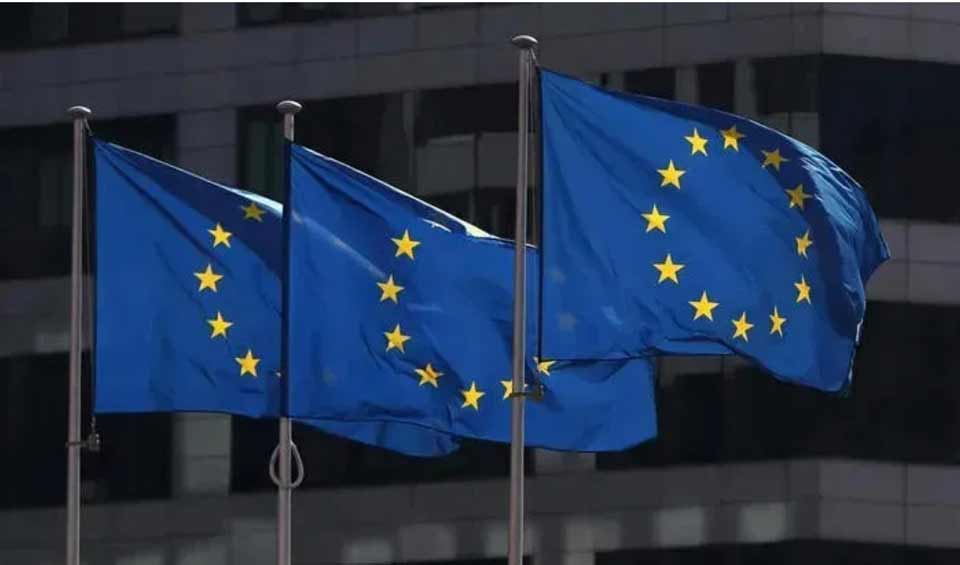The European Union has recently revised the introduction of the European Travel Information and Authorization System (ETIAS). It will now be launched in 2024, which is a push-back from the previously planned 2020, 2022 and 2023 launches.
Travelers visiting Europe from 2024 onwards will be required to obtain an approved ETIAS online prior to their departure. With over 37 million visitors to Europe each year, the introduction of ETIAS is expected to have a significant impact on traveler plans from all over the world.
All visitors who previously travelled visa-free to Europe, such as visitors from the United States, Canada, Australia, New Zealand, and many others, will need an approved ETIAS to enter any ETIAS member country such as France, Germany, Italy, Spain along with other ETIAS member countries.
All travellers, regardless of age, will be required to obtain an ETIAS, and the authorization will be valid for 3 years or until the date of passport expiry.
Any traveller who fails to obtain an ETIAS will not be permitted to board a plane or cruise ship to an ETIAS member country.
Passengers will be required to complete an online application form that covers a range of biometric, travel and security related questions. The ETIAS application will then be electronically processed within 96 hours, and the authorisation delivered by email.
Passenger data will be checked against a variety of European and International databases including no fly lists, to identify potential terrorist and criminal threats who will then be refused entry via the ETIAS program. It is expected that most applications will be processed within 1 hour if no further checks are required.
Visitors with a valid ETIAS will be able to travel to ETIAS member countries. This group includes the majority of popular European tourist and business destinations such as France, Germany, Spain, Italy and 18 other countries.
This strict new requirement for a European electronic travel authorization is in response to the increasing terrorist threat within Europe, with the aim of strengthening border controls and checks on all visitors prior to their arrival. The move will see passengers questioned about their travel plans within Europe.
